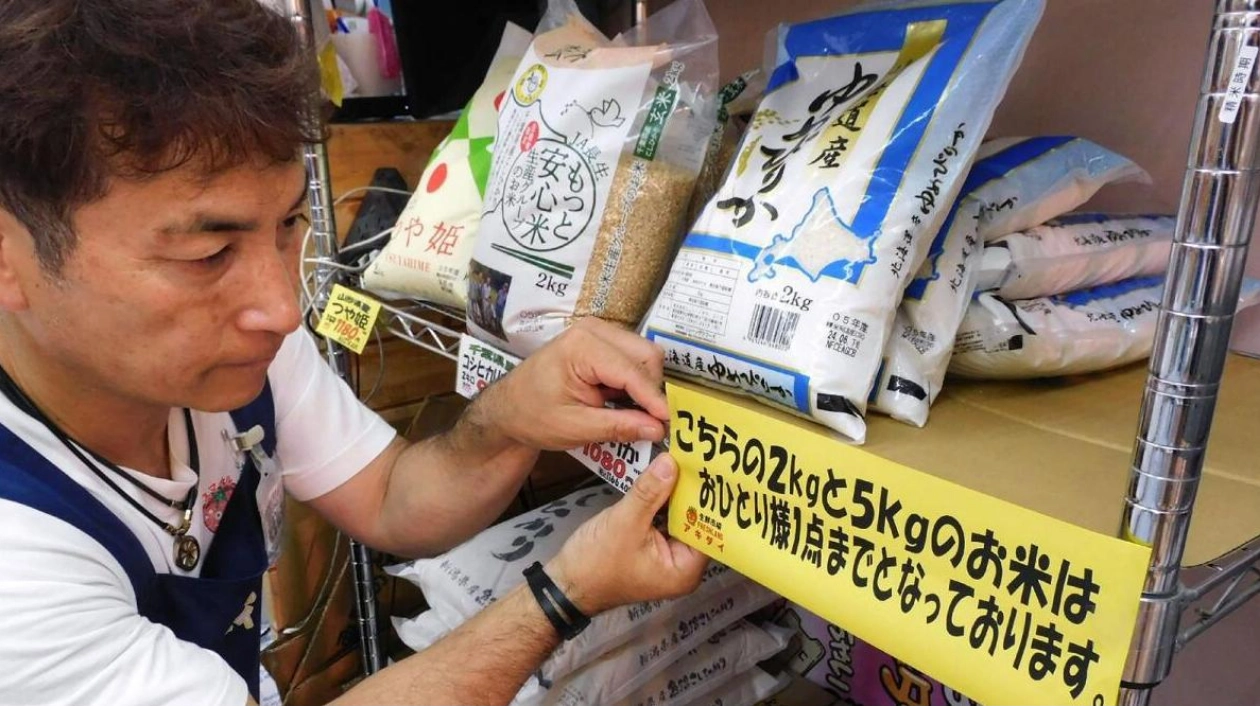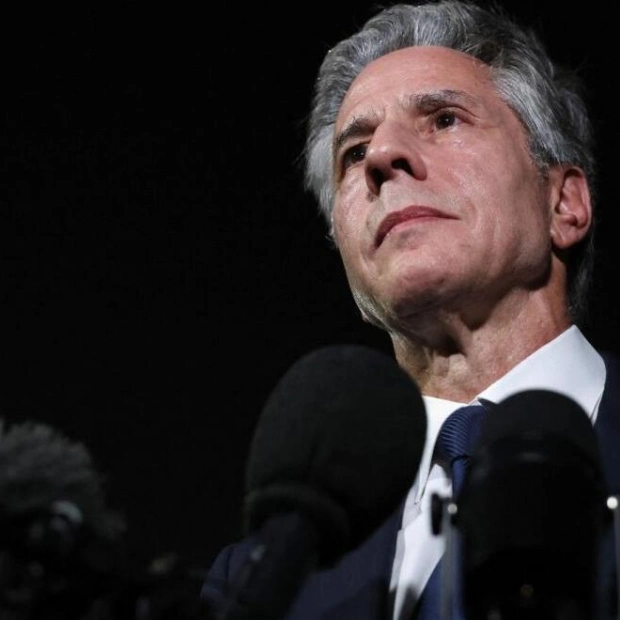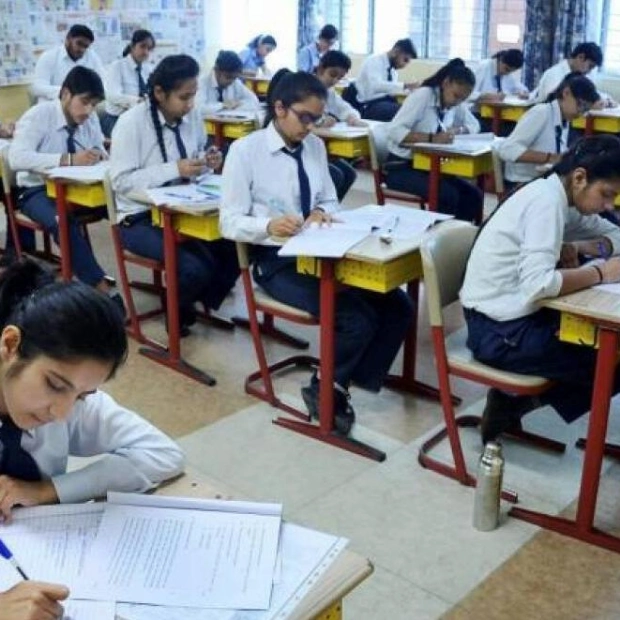The potential for a 'megaquake', a series of typhoons, and a week-long national holiday have prompted some Japanese to rush to purchase rice, the country's treasured staple food, despite government warnings on Tuesday against panic buying. 'This summer, we could only secure half the usual amount of rice, and bags of rice are quickly sold out,' a clerk at a branch of the popular Fresco supermarket chain in Tokyo stated. Rice shelves in some stores have been depleted or rationed following a government warning earlier this month, now lifted, about a possible 'megaquake', along with several typhoons and the annual Obon holiday. Other factors include reduced harvests due to hot weather and water shortages, as well as increased demand from a record number of foreign tourists. At a food store in Tokyo, a sign advised: 'To allow many customers to purchase, we request that each family buy one bag of rice per day.' A worker at another Tokyo store commented: 'We can't buy any rice at all, and there's no indication of when we might be able to.' The Fresco employee noted that daily stocks were exhausted by midday. 'Customers line up before the store opens, but stacks of 10kg bags are always sold out by morning,' he explained. Farm minister Tetsushi Sakamoto urged for calm on Tuesday. 'Please remain composed in your purchasing activities by buying only the necessary amount of rice,' Sakamoto emphasized, adding that 'the supply shortage situation will gradually improve.' Rice is deeply embedded in Japanese culture, with its cultivation shaping the nation's landscape and even serving as a form of currency in the 7th century. With an annual consumption of seven million tonnes, it is the most consumed food staple in the country. However, demand has been decreasing due to a shrinking population and changing dietary habits among Japanese who are opting for alternatives. The nation's stockpile in June was the lowest since 1999 when comparable data was first collected, but officials believe the inventory is adequate. A new harvesting season has commenced, with 40 percent of the crop expected by the end of September, according to a farm ministry official.

Text: Lara Palmer
27.08.2024
Government Warns Against Panic Buying as Rice Shortages Loom Due to Multiple Factors





